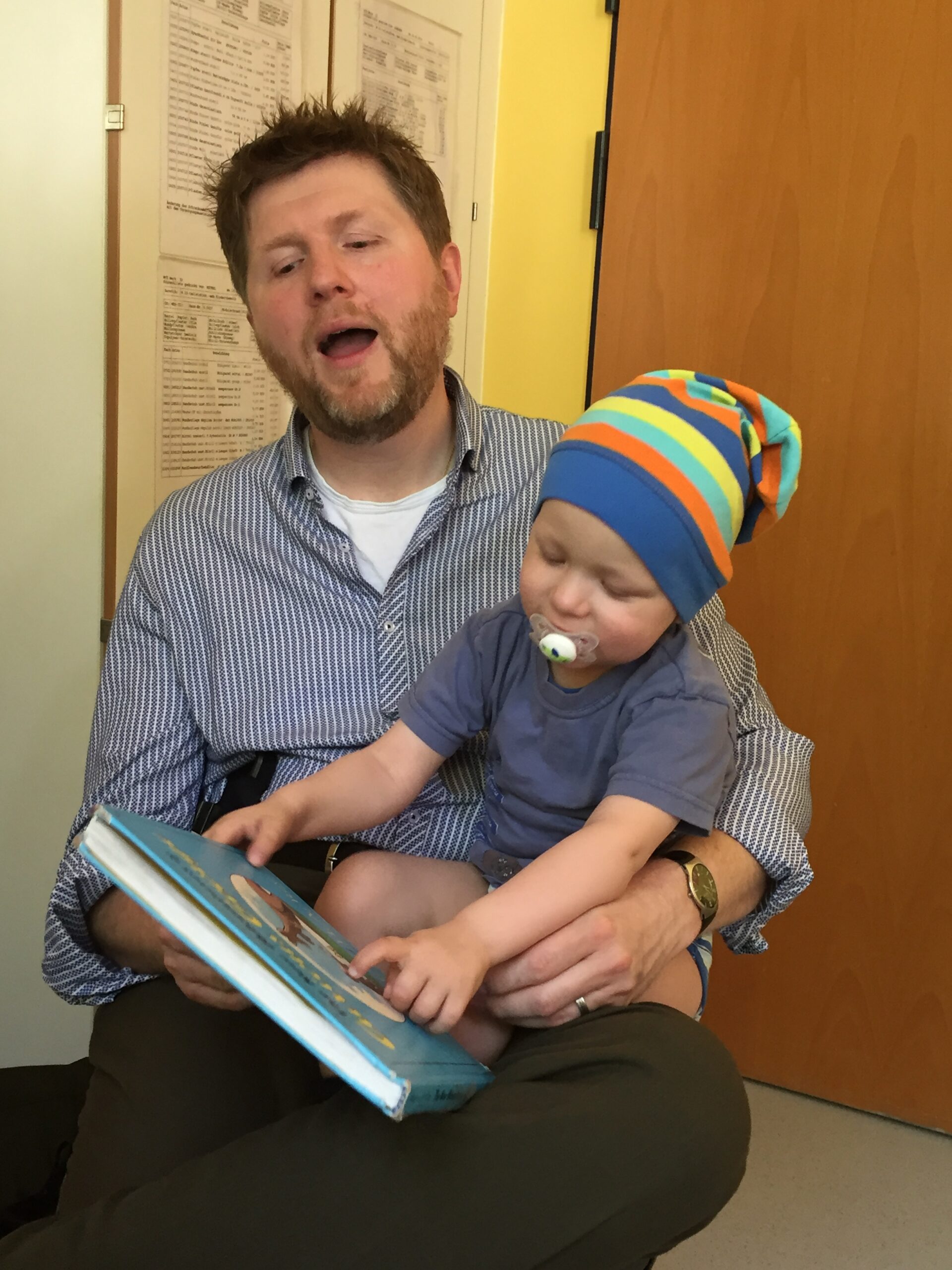A friend pointed out this article to me a week or so ago and, boy, did that prompt a complicated range of emotions on my part.
I’ve heard interviews with Rob Delaney before. His story isn’t all that different from ours. He had a young son who got cancer. The boy died. I think, unlike us, there was no period between the initial treatment and the reoccurrence of the cancer where things looked OK: I think it all went in one fell swoop for them. I’m pretty sure they also have three surviving children, as opposed to our two. But those are just details. If your child dies, it rips you apart one way or another, regardless of the surrounding circumstance. And, to be honest, I don’t have it in me to go looking for details about the boy’s death. Knowing one set of childhood cancer details is often all I can fit into my head.
What struck me was the jealousy. He gets to get his book about his child’s death published and I don’t.
Yeah, take a moment to let that wash over you. My problem is that someone else gets to tell the story about his dead child very publicly, while I only get to to do so mildly publicly. As if either is an acceptable substitute for actual having the child still around.
Isn’t that insane? I mean, aside from the fact that he’s a somewhat well-known actor and I’m … not, there’s the fact that I can’t believe I’m getting huffy that my misery doesn’t get to be sold. And I don’t believe for a moment he’s doing it to make a buck. The review of the book sounds like he is honestly trying to share and help people. Which is what I want to do with my writing too. It’s just that he has a much larger audience and, I guess, for any storyteller there’s the desire to have the largest audience possible. But, lord, what a way to feel.
Then, further on in the review, there’s a point made that there is no upside to a child’s death. Which is … true. But then I thought about how surviving all those months in the hospice as he died made the initial lockdowns of 2020 seem like a breeze. I thought about how surviving my child dying has made me a stronger person. Situations where, before, I would have clammed up and just wished for the situation to end now see me telling people off, they see me standing up for myself and my loved ones. I’ve survived too much to really be impressed by what the world has to throw at me. It takes the threat of Vladimir Putin and nuclear horror to get me worried these days. Other everyday problems are just … blah.
But still, that’s not what Delaney means. And I half wonder if my mind went to thinking up “positives” just to be contrary to the guy who got published when I don’t know the first step to make, beyond this blog. I mean, I look at my list of positive takeaways and, let’s be honest, none of them are acceptable repayment for what we had to go through with Colin, to say nothing for the fact that I would happily go back to being less selfless if I knew Colin was going to be coming home from school in a few hours and distracting me while I try to settle in for a late shift at work from my den.
Which is all just another way of saying that, even three years later, it amazes me how much a child’s death gets inside my head. I suppose it shouldn’t astound me, but jealousy that another guy gets to write a book about his dead kid wasn’t a path I thought I’d ever go down.
There’s always going to be something else, I suppose. I just need to brace myself for it. But I know I can’t truly be ready. So, I just have to know that it will keep boggling me and throwing me off guard. I don’t think getting published would make that easier, somehow.

Seems completely normal to me to want to have a book published on the experience that has deeply impacted you, to have what is important to you be heard by others, and although comparing ourselves to others is not helpful, it is completely human.
Sorry learning of the book stung.
In my grief class, I have discussion boards for my students, and last week we were talking about (in class and on the discussion board) we reflected on what we learned this semester. The syllabus has a large quantity and variety of readings, including a piece by you, which is on Medium. Last week, when I asked about what was important or meaningful to the students, a number of students said your essay, on the board and in the discussion, and one commented that the most surprising and impactful essay was the one about finding hope in the middle of losing a child. That also is a reference to your essay.
My students include many people dealing with difficult situations, and your essay helps them.
You keep writing, I’ll keep reading.